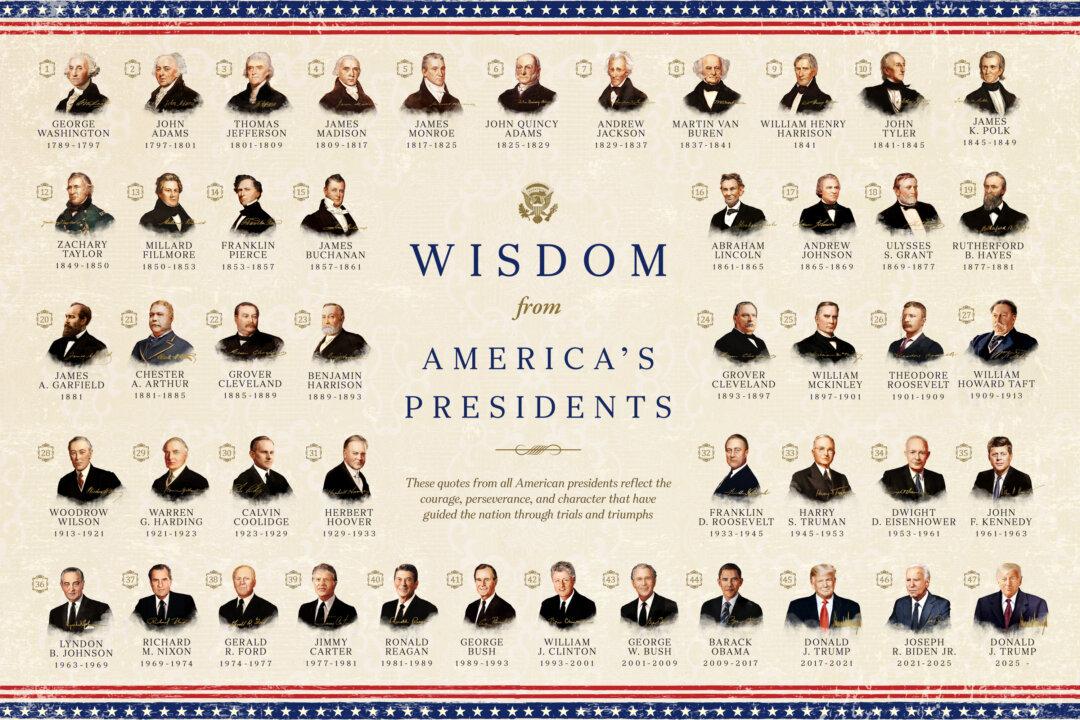When the hosts of the Miss NTD pageant announced the winner, it took Cynthia Sun a few moments to realize she had won. She stood in stunned silence, thinking they had made a mistake. Sun had not expected to win. In interviews and conversations with friends and family, she had openly shared her doubts, believing she lacked the talents that other contestants showcased—singing, dancing, or musical prowess.
Sun said, “I can ride a horse, but obviously you can’t do equestrian on stage. I can dive, I’ve done cliff jumping a lot, but there’s no cliff on the stage. I can swim really well—there’s no pool. I can play badminton—there’s no court. And I can play soccer—there’s no field. I also really like Ultimate Frisbee, but there’s no space for that. So I just gave up, and then I just put none [as talent for the pageant].”





